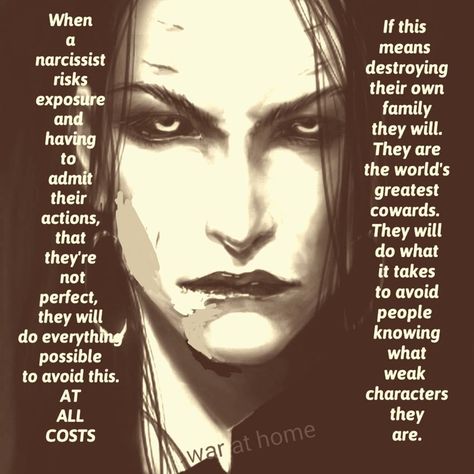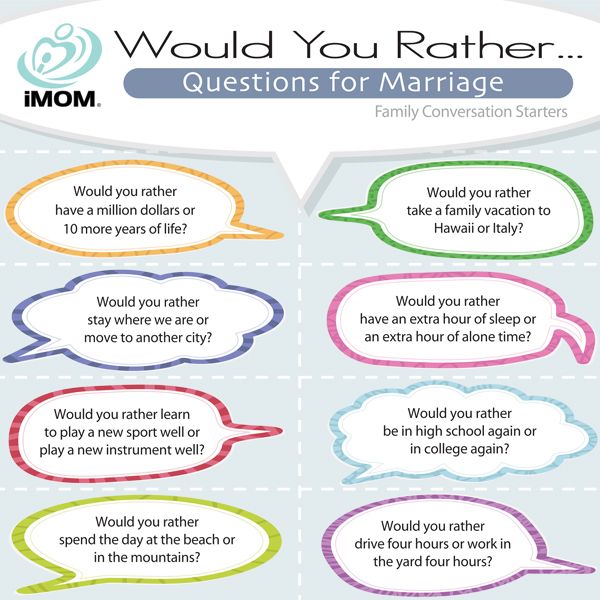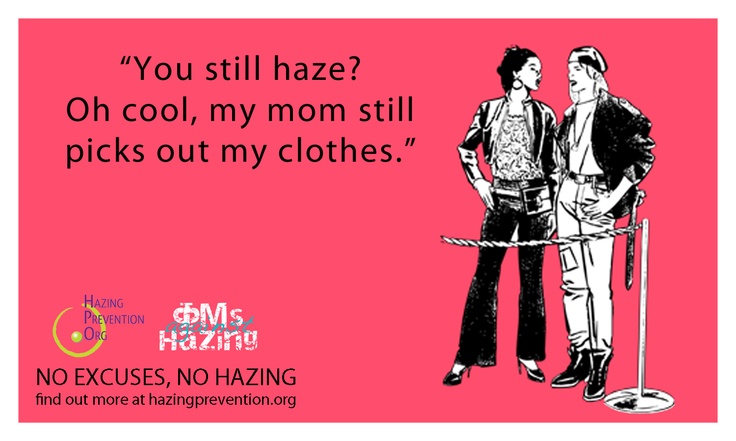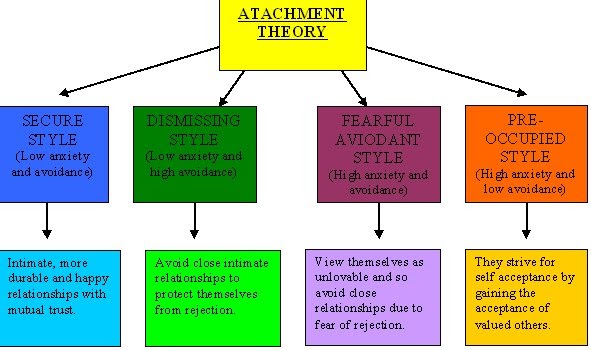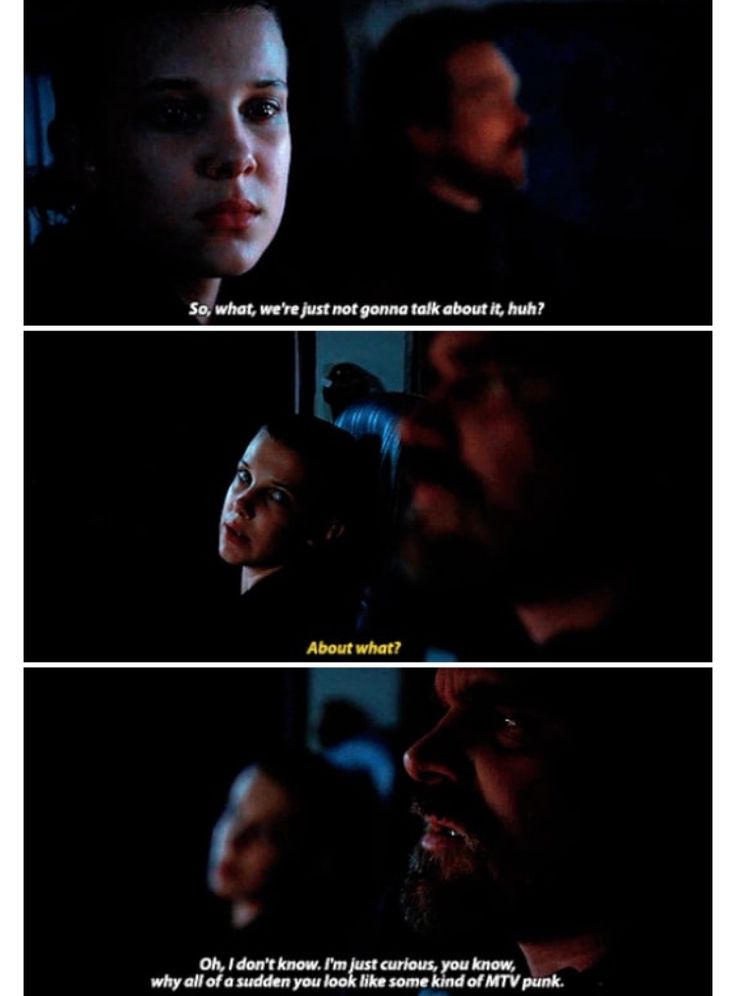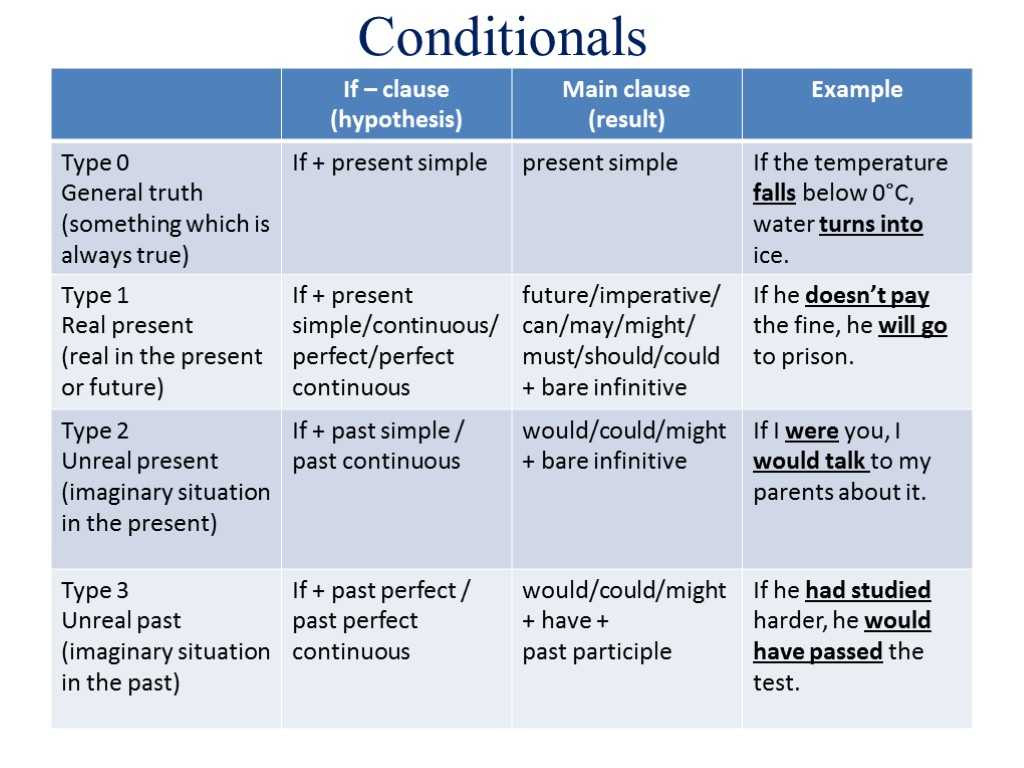Relationships how to communicate better
10 ways to improve communication in relationships
Back to the Ultimate Relationship Guide
Connection: We all crave it. We seek it through family and friends, but often our intimate relationships are where we expect to find the most connection. When we don’t, we feel isolated and misunderstood. We let these negative emotions lead to arguments – or worse, we stop communicating at all.
Communication in relationships is essential to having a happy, healthy partnership. And it isn’t about making small talk. Asking your partner how their day went is nice, but if you want an extraordinary relationship, you must dig deeper. Learning how to communicate in a relationship is about fulfilling your partner’s needs. To improve communication in your relationship, you must discover how to listen, not how to talk.
Improve your relationship with the 9 Keys to Passion & Intimacy
Download the Guide
Why is communication in relationships important?
Communication in relationships is essential to having a happy, healthy partnership. Your partner is likely the person you spend the most time with, which means there’s a greater risk of misunderstandings and conflict. But when you perfect communication in relationships, you’ll be rewarded.
Real communication in relationships means that you can go to your partner about anything: sharing happiness and sadness, good days and bad. You’re willing to be vulnerable with them because you know that they will support you and love you no matter what. Absolute courage and vulnerability is one of the Five Disciplines of Love because it leads to total trust in your relationship.
✓ Better conflict resolutionWe all know couples who seem to fight all the time – and those who seem to never fight at all. While all relationships have ups and downs, both frequent fighting and no fighting at all are signs of a lack of communication in relationships. The key isn’t to never disagree with your partner. It’s to improve your conflict resolution skills by using the eight tips above so that when disagreements do happen, you’re able to turn them into something that strengthens your relationship instead of tearing it down.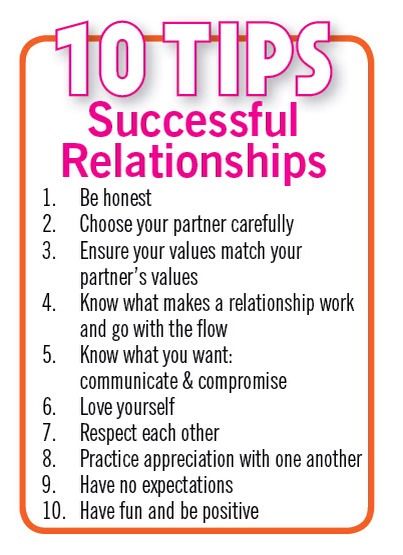
Discovering how to improve communication in relationships is excellent for your emotional intimacy, or ability to listen, understand and be compassionate toward your partner. Developing your communication skills shows that you respect and value your partner and their feelings and opinions. When people feel honored and accepted in this way, emotional intimacy skyrockets – and physical intimacy often follows.
Is there such a thing as over-communication?
Yes, over-communication in relationships does exist in certain contexts. There are two common defense mechanisms when people are feeling anxious or unsure of how to express themselves: internalizing and externalizing. People who internalize tend to shut down and withdraw during conflicts; those who externalize want to talk it out, sometimes excessively.
In both of these cases, more communication doesn’t necessarily equal good communication. Internalizers may need space before they’re ready to talk; externalizers may need to slow down and refine their message.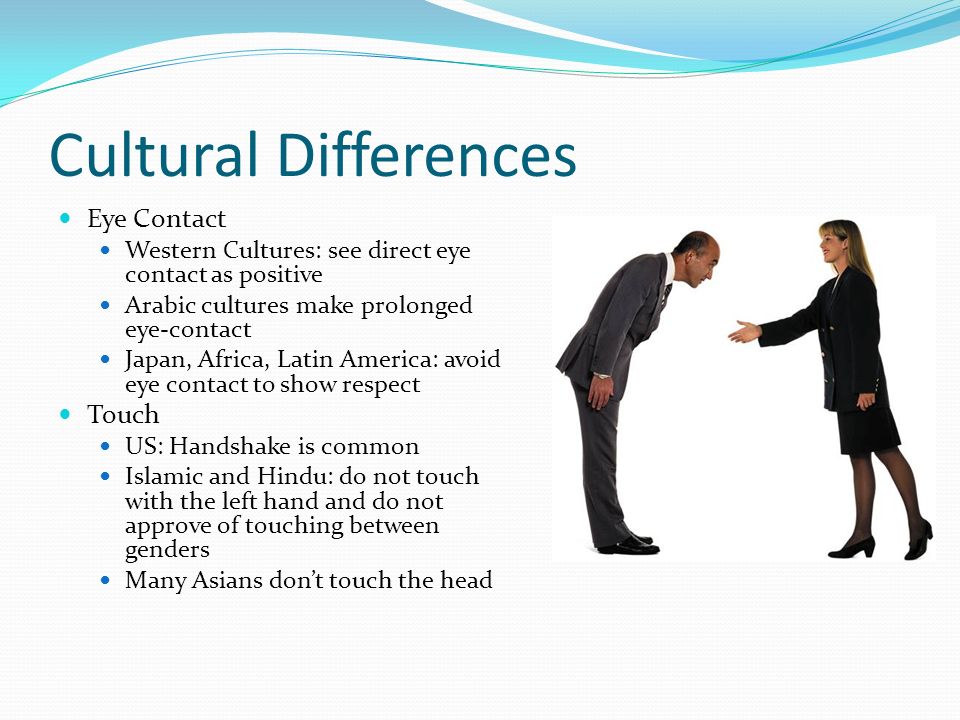 Before you’re tempted to say more, think about how you can say it better instead.
Before you’re tempted to say more, think about how you can say it better instead.
How to communicate in a relationship
Communication in relationships can be the difference between a strong, lifelong partnership or a conflict-filled bond that ends in disappointment. Learning how to communicate better is vital.
1. Commit to true connection
The biggest misconception about how to communicate in a relationship is that communication is the same as talking or making conversation. Communication in relationships, at its core, is about connecting and using your verbal, written and physical skills to fulfill your partner’s needs. It’s not about making small talk. It’s about understanding your partner’s point of view, offering support and letting your partner know you are their #1 fan.
It’s easy to let real connection and passion diminish, especially in long-term relationships. But the first key to how to improve communication in a relationship is to admit that you’re not connecting the way you used to. Talk with your partner about rekindling your connection and provide a starting point. If your partner isn’t on board, don’t worry. Relationships are a place where you go to give, not one where you go to take. You can still enact many of these strategies without a commitment from your partner – and you may even inspire them to reciprocate.
Talk with your partner about rekindling your connection and provide a starting point. If your partner isn’t on board, don’t worry. Relationships are a place where you go to give, not one where you go to take. You can still enact many of these strategies without a commitment from your partner – and you may even inspire them to reciprocate.
2. Identify your communication styles
Before you work on learning how to improve communication in a relationship, you need to realize that not everyone has the same communication style. The four main communication styles are passive, aggressive, passive-aggressive and assertive. Passive communicators keep their emotions inside and are the ones who can never seem to say “no.” Aggressive communicators are loud and intense, but typically have trouble making real connections with others. Passive-aggressive communicators avoid conflict and use sarcasm to deflect real communication. The healthiest type of communication is assertive: These people are in touch with their emotions
and know how to communicate them effectively.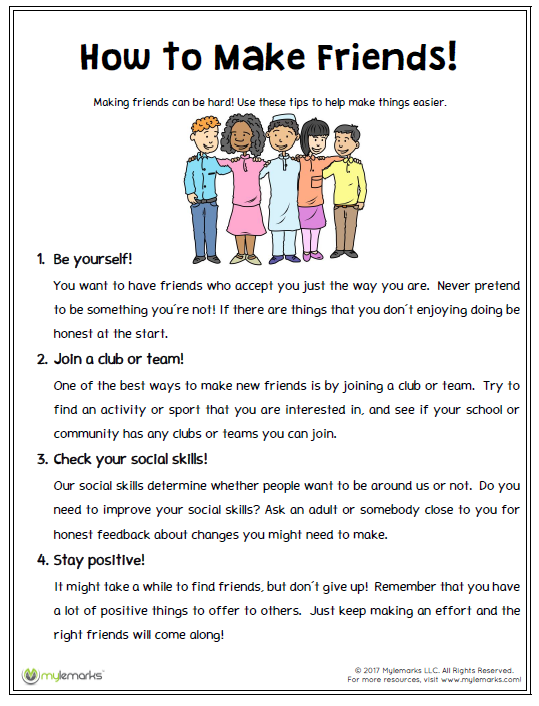
Communication styles also involve our metaprograms, or the ways that we respond to information. Some people like to talk, some prefer touch and others are more visual or respond better to gift giving than an outward discussion of feelings. You probably know which communication style you prefer, but what about your partner?
Communication and relationships are all different. Effective communication with your partner will come from acknowledging this. Your partner can be telling you exactly what they need, but you have to be cognizant of how they convey this information to you. If there’s miscommunication, you’ll miss the opportunity to build trust and intimacy, and you’ll both feel frustrated.
When striving to learn how to communicate better, watch your partner respond to different perceptive cues over a day or two. Does he or she seem to respond most to seeing and watching? Hearing and talking? Or touching and doing? For example, if your partner is more responsive to language, tone and other auditory cues, making lots of eye contact and gentle facial expressions isn’t communicating as much to them as you think.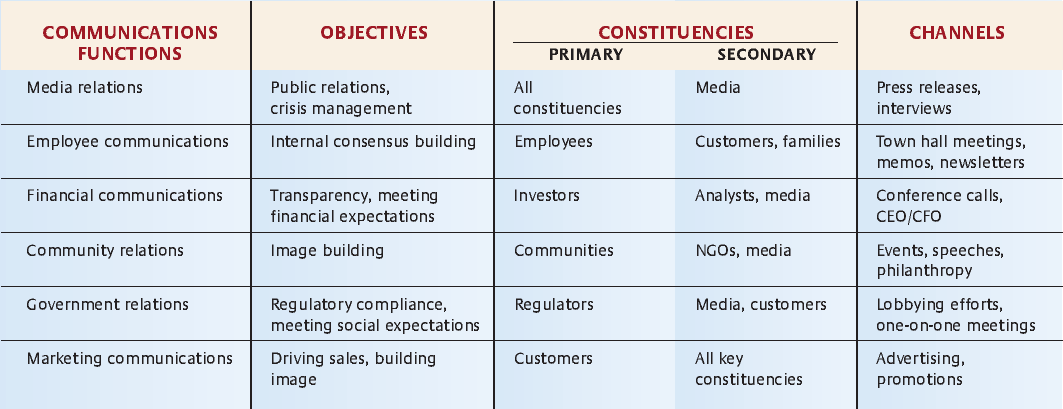 You’re sending signals but they’re not picking them up. On the other hand, if you find that you are an auditory person and your partner is a kinesthetic person, remember that saying “I love you” may not be enough. Reinforce your love with touch, and remember to do so often.
You’re sending signals but they’re not picking them up. On the other hand, if you find that you are an auditory person and your partner is a kinesthetic person, remember that saying “I love you” may not be enough. Reinforce your love with touch, and remember to do so often.
3. Discover the Six Human Needs
There are six fundamental needs that all humans share, but each of us puts these needs in a different order in accordance with our core values. Once you discover which needs matter the most to your partner, you’ll know how to communicate with your partner and in a way that fulfills them.
The first human need is the need for certainty. It’s this need that drives us to seek out pleasure and avoid pain, stress and emotional risks. Ask yourself these questions: How secure is my partner feeling in our relationship? We all find safety and comfort in different things. Be open with your partner about what gives them certainty and makes them feel stable.
The second human need that affects communication and relationships is the need for variety. Uncertainty isn’t always scary if you know how to communicate with your partner. Relationships need healthy challenges that allow partners to grow together. As you learn how to communicate better, you’ll find that variety keeps things fun and exciting with your partner.
Uncertainty isn’t always scary if you know how to communicate with your partner. Relationships need healthy challenges that allow partners to grow together. As you learn how to communicate better, you’ll find that variety keeps things fun and exciting with your partner.
Significance is the third human need: We all need to feel unique and important. Communication is key to this particular desire because your partner needs to know that you need them, in a singular way – that they fulfill your needs in ways that only they can. How do you demonstrate to your partner, not just tell them, that they are significant to you? You can show them through loving touch, offering them support when they need it and spending quality time with them.
The fourth basic human need is for connection and love. Every human needs to feel connected with others. Effective communication in relationships lets us know that we are loved and can make us feel at our most alive, but absence of love can cause pain like nothing else can.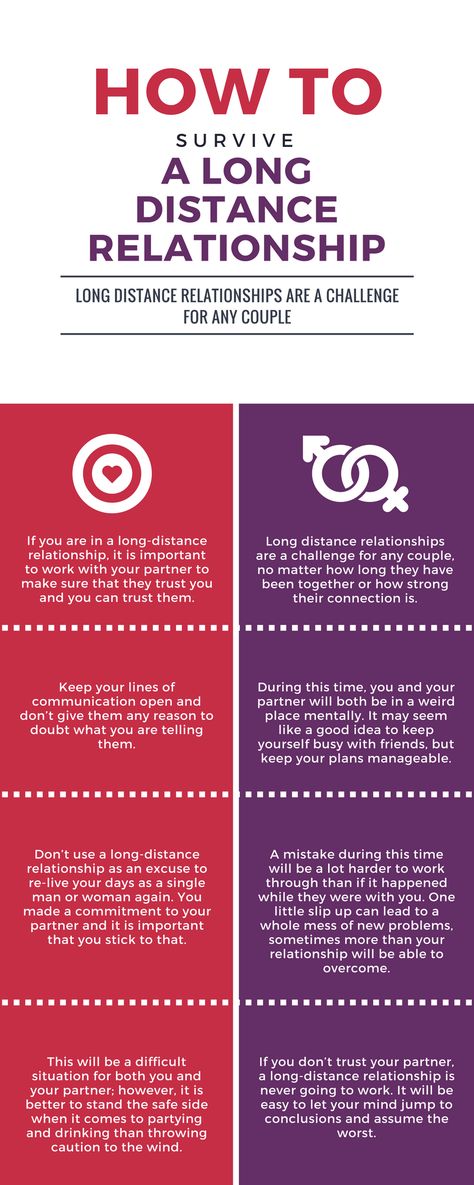 Too often we automatically say “I love you” in order to solve a conflict with our partners and forget to show love in a real, tangible way that speaks to our partner’s needs. Reverse this pattern: Consciously show your partner that you love them every day, in a way that speaks to their personal preferences and needs. Learning how to improve communication in a relationship is about realizing what “language” your partner best understands and giving them love in that way.
Too often we automatically say “I love you” in order to solve a conflict with our partners and forget to show love in a real, tangible way that speaks to our partner’s needs. Reverse this pattern: Consciously show your partner that you love them every day, in a way that speaks to their personal preferences and needs. Learning how to improve communication in a relationship is about realizing what “language” your partner best understands and giving them love in that way.
Growth is the fifth human need. The human experience is one of motion and without constant growth, our relationships will become stale. We constantly endeavor to evolve along the different paths that interest us the most, whether these are emotional, intellectual, spiritual or otherwise. Your partner has the need for growth as much as you do and when we learn how to communicate better, we can also learn how to better grow together. When was the last time you supported your partner’s growth in the areas that they are most passionate about? How can you continue to support them to the fullest?
The sixth and final human need is contribution and giving.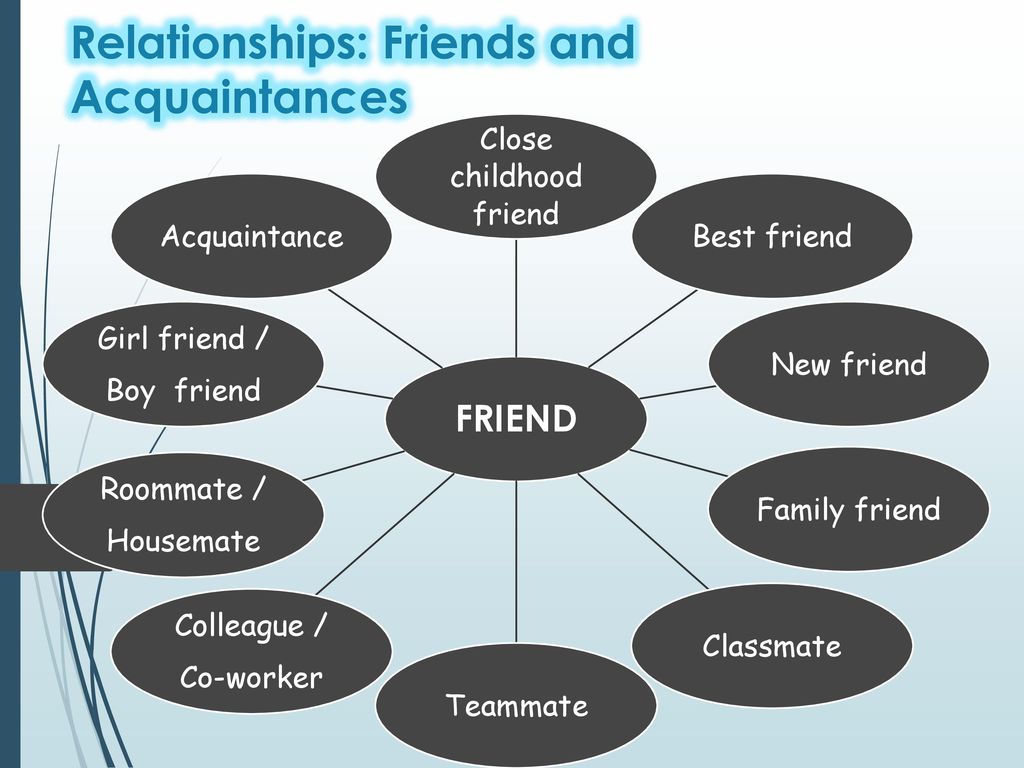 Remember, the secret to living is giving. Contribution is our source of meaning – it determines who we become and solidifies our legacy, who we are and our role in the world. Consider what you give to your partner and how you can give more. Are you giving your time? Your undivided attention? The benefit of the doubt? A second chance? When communication in relationships is strong, both partners are able to continually come up with new and better ways of contributing to the other’s happiness.
Remember, the secret to living is giving. Contribution is our source of meaning – it determines who we become and solidifies our legacy, who we are and our role in the world. Consider what you give to your partner and how you can give more. Are you giving your time? Your undivided attention? The benefit of the doubt? A second chance? When communication in relationships is strong, both partners are able to continually come up with new and better ways of contributing to the other’s happiness.
9 KEYS TO PASSION & INTIMACY
Discover how to be a better partner and build a stronger bond with Tony Robbin’s 9 Keys to Passion & Intimacy guide.
Download guide
4. Learn the three keys to passion and intimacy
The strongest relationships have polarity: opposing masculine and feminine energies that compliment each other. When the needs of either person aren’t being met, that person will put on a “mask” of the opposing energy and close off from their partner. But when polarity in relationships is fully embraced, a beautiful connection is created.
But when polarity in relationships is fully embraced, a beautiful connection is created.
Masculine and feminine energies each have three key needs that must be met. Feminine energies need to feel seen – they want you to be present with them and appreciate them. They need to feel understood, through listening and validation. And they need to feel safe, both physically and emotionally.
Masculine energies need to feel appreciated, through praise and celebration. They need to feel free, not micromanaged or controlled. And they need to feel opened up to – so share your emotions and affection freely.
Communication in relationships is about first fulfilling your partner’s needs. When you do that, they will be more open to communicating and connecting with you to create the relationship you both desire.
5. Determine if your partner’s needs are being met
There is one surefire way to know if your partner is getting their needs met in your relationship: ask the right questions and then deeply listen to the answers.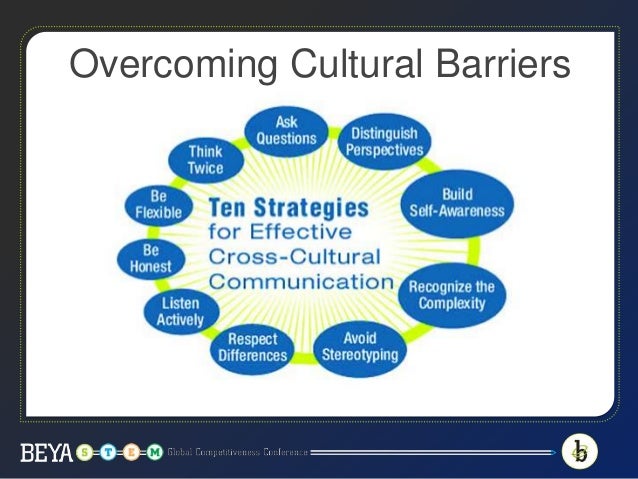 Reflect on what your partner says, and if you’re not sure what he or she means, then ask by restating their point and asking if you understand correctly. The key to how to communicate in a relationship is often not in the actual verbal communication at all – it’s in the way we listen to our partner.
Reflect on what your partner says, and if you’re not sure what he or she means, then ask by restating their point and asking if you understand correctly. The key to how to communicate in a relationship is often not in the actual verbal communication at all – it’s in the way we listen to our partner.
Your partner may be communicating exactly what the problem is, but if you’re not listening, you’ll miss it. Resist the pull of just waiting for your partner to finish what they’re saying so you can launch into your “turn.” That isn’t listening, it’s waiting to talk. Instead, listen with a calm, open mind and really hear what they are saying to you. This will not only help you learn how to communicate better, but will also enable you to connect with your partner on a deeper level.
6. Be honest and open
Being honest and open is at the top of the list for how to improve communication in a relationship. Say what you mean, and make your feelings and your needs clear.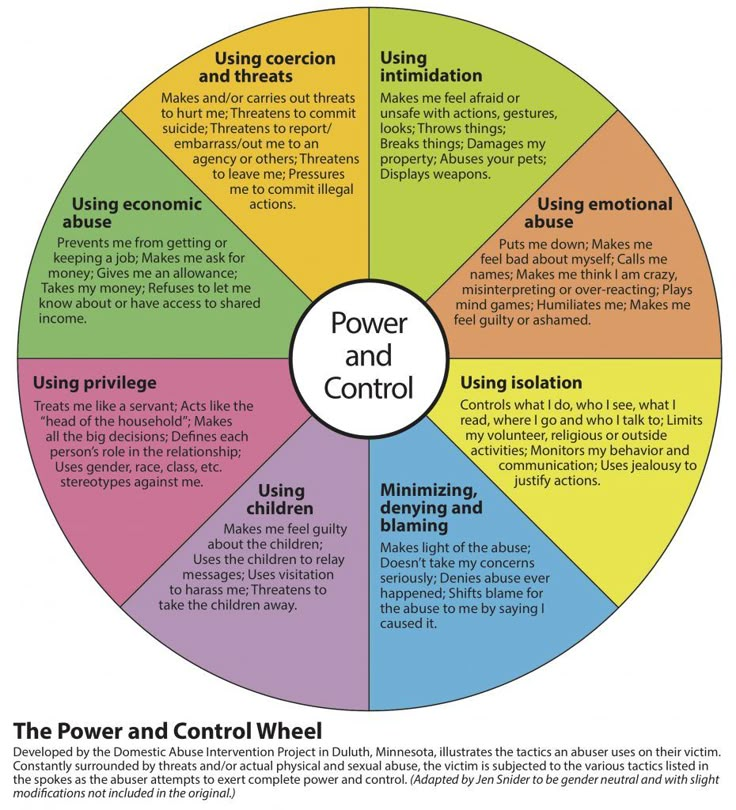 Retreating from conflict seems deceptively safe and comfortable, but it’s no substitute for trust in a relationship and it will never help you learn how to communicate better. Walking away from an argument is a temporary way to deal with an ongoing communication issue and must only be done to achieve a brief cooling-down period. When you disagree with your partner, you must be able to trust that what you say will be heard and respected, and so does your partner.
Retreating from conflict seems deceptively safe and comfortable, but it’s no substitute for trust in a relationship and it will never help you learn how to communicate better. Walking away from an argument is a temporary way to deal with an ongoing communication issue and must only be done to achieve a brief cooling-down period. When you disagree with your partner, you must be able to trust that what you say will be heard and respected, and so does your partner.
If you or your partner (or both of you) is averse to conflict, you can find yourselves burying your emotions to please each other and avoid problems. This temporary peacekeeping band-aid turns a two-way relationship into a one-way street, and that’s not a sustainable outcome. The happiness and intimacy you used to share will gradually erode, and it will take the relationship with it. Instead of ignoring issues, it’s crucial that you both learn how to communicate better with each other.
7. Be present in your relationship
To improve communication in relationships and truly understand what your partner is telling you, be present.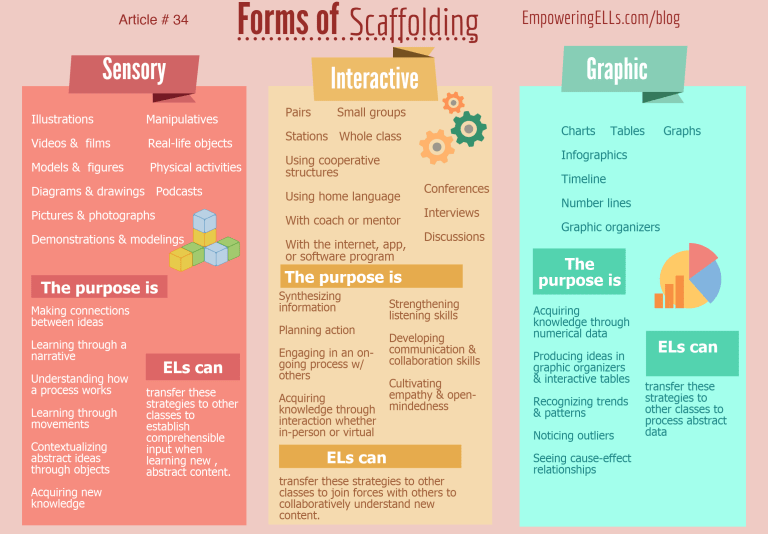 Put time aside and dedicate yourself 100% to communicating with your partner. They must truly feel that they have your full attention and that they are your number one priority.
Put time aside and dedicate yourself 100% to communicating with your partner. They must truly feel that they have your full attention and that they are your number one priority.
It’s difficult to listen and be fully present, aware and mindful when you’re angry and stressed or are working on things that take time away from your relationship. This is a part of life, but it’s important to realize that it’s not an excuse for neglecting communication in relationships. Remember that intimacy, love and trust are built when times are hard, not when they’re easy. If we gave up at every sign of resistance, we would never progress and evolve. Seize these opportunities to learn how to deal with conflict and stress in a healthy manner and watch as you grow and flourish with your partner.
8. Let things go
Resist letting a discussion about what’s happening now devolve into a rehash of every wrong that has ever happened between you and your partner.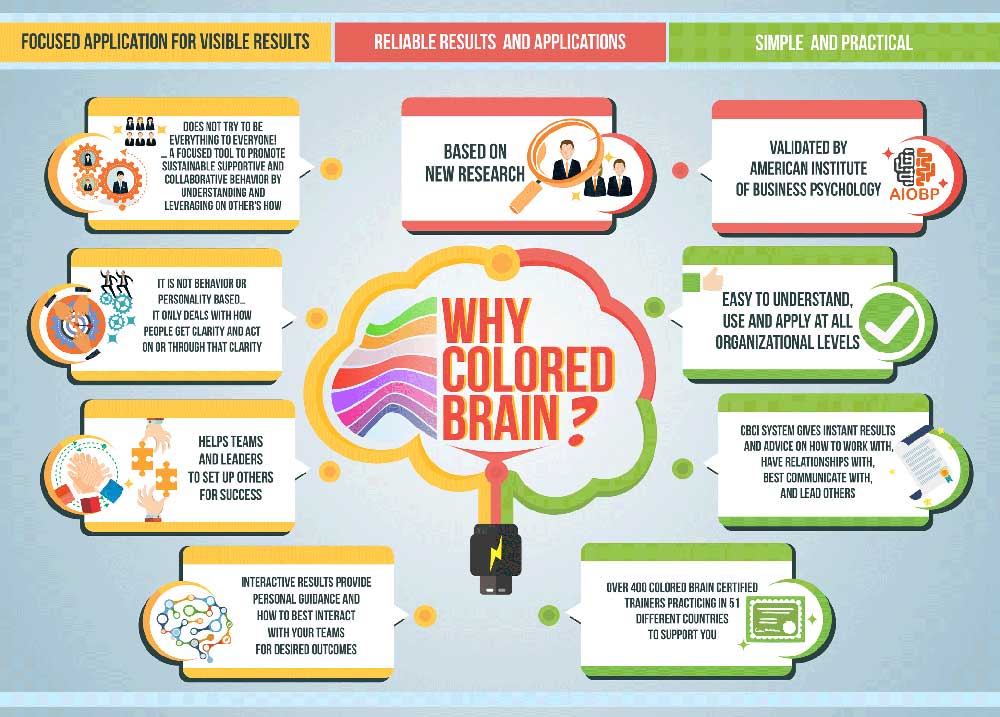 This is the opposite of loving and effective communication in relationships. Instead, assess the present situation and identify what you can do at this moment. Pause and remember why you’re here, and remember that your goal, the outcome that you value, is to strengthen your relationship, build intimacy and learn how to communicate better. There’s absolutely nothing either of you can do about the past right now, so let it go.
This is the opposite of loving and effective communication in relationships. Instead, assess the present situation and identify what you can do at this moment. Pause and remember why you’re here, and remember that your goal, the outcome that you value, is to strengthen your relationship, build intimacy and learn how to communicate better. There’s absolutely nothing either of you can do about the past right now, so let it go.
How to communicate better is about more than saying the right things. Also be aware of your body language. You could offer all the loving and supportive words in the world to your partner, but if your arms are crossed over your chest and you have a scowl on your face, your partner is unlikely to respond favorably. How to communicate in a relationship means listening, loving and supporting with your whole being. Lean toward your partner, keep your face relaxed and open and touch them in a gentle manner. Show them through all your words, actions and expressions that you love them even if you are in conflict.
9. Break negative patterns
You know what your partner needs and have thought about their preferred communication style, but there’s something else that affects communication in relationships: how you’re speaking. Experts on communication break down the way we talk into pitch, pace, volume and timbre. The next time you’re in a disagreement with your partner, be mindful and make conscious efforts to modulate these aspects of your voice.
A voice that is overly high-pitched sounds defensive and immature. Also, if you end a sentence with a higher pitch, it sounds like a question; don’t do this unless you’re actually asking a question, or you risk instilling doubt in your partner.
Pace just means how fast you’re talking. Take a deep breath and slow down – especially when you’re disagreeing. Speak calmly and clearly to get your message across.
Pay attention to volume, especially volume “creep,” and avoid competing to be heard – competition only leads to shouting and miscommunication. Being louder won’t help you communicate with your partner. If your partner is speaking, listen.
Being louder won’t help you communicate with your partner. If your partner is speaking, listen.
Timbre refers to your voice’s emotional quality, attitude and tone. Pay careful attention to this, and watch for red flag timbres like sarcasm that can erode communication in relationships and cause distrust between partners.
When things do get out of hand, break the pattern: Be playful and use humor in a way that keeps the conversation flowing in the right direction. Injecting humor into the situation can make it feel less dire and can yield amazing results for the two of you. That’s because humor helps you regain perspective and balance; it is an essential component of healthy communication in relationships. It also relieves stress and improves your physical happiness in your everyday life. The biggest benefit to laughing in this context is that it reminds you that you love just being together with your partner. It reminds you that you can enjoy your time together, even when things seem challenging.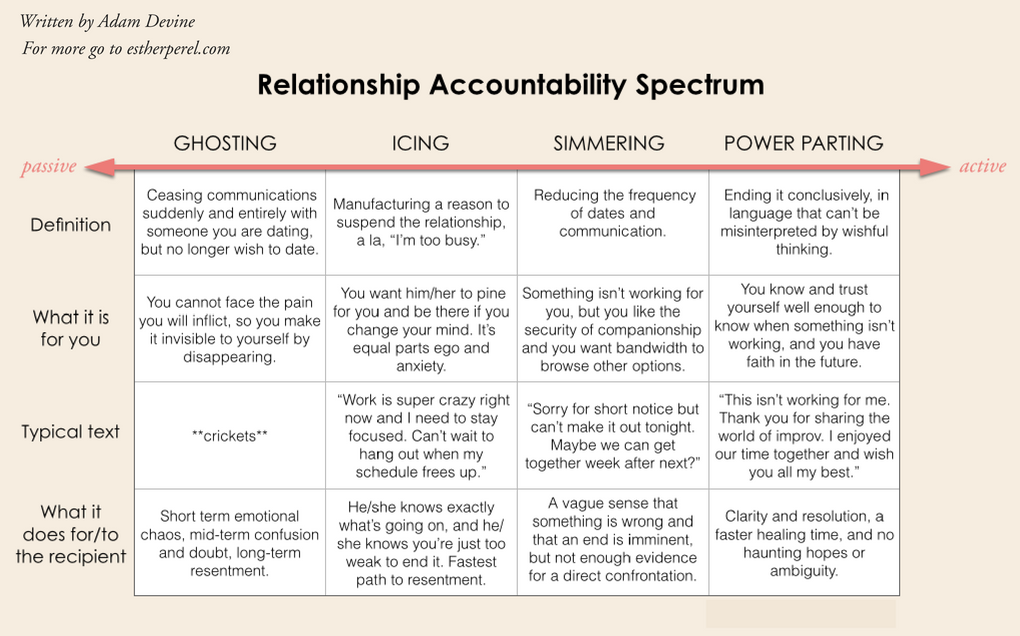
When learning how to communicate in a relationship, it’s important to break the pattern of hostility, hurt and retreat. For example, when you catch yourself raising your voice or being sarcastic, change your tone. If you’re using “you” repeatedly and blaming your partner, switch to “I” and “me,” or better yet, “we.” There’s no point in offloading all your relationship’s issues on to your partner. There are two people in every relationship, so don’t shift the blame to be entirely on their shoulders.
Breaking the pattern is a powerful way of reframing the discussion and bringing it back to a level where you can get to what matters. Communication in relationships is all about what your partner’s needs are, what your needs are and how you can both feel fulfilled from your relationship.
10. Start over
Sometimes no matter how much you want to improve communication in a relationship, an argument happens. This is when it’s most essential to be aware of your negative patterns and start over before they become destructive.
Tony often shares an incredible story about Mikhail Gorbachev and Ronald Reagan that speaks to the power of patterns. If you were born before the mid-80s, you remember the Cold War. It was a defining period of world history when two superpowers, with opposite ideologies – i.e., differences in values – confronted each other in a tense political conflict that could, at any point, tip toward war. It was not a productive relationship and in the late-80s the leaders of the two powers met in a series of talks that would forever shape the course of human history.
But, the story of how Reagan, president of the United States, and Gorbachev, leader of the Soviet Union, resolved the conflict did not start as well as you might think. Gorbachev and Reagan found themselves in the middle of a heated discussion on the merits and demerits of capitalism and communism. Like any discussion on politics, it was going nowhere and neither leader was sure how to communicate better with the other.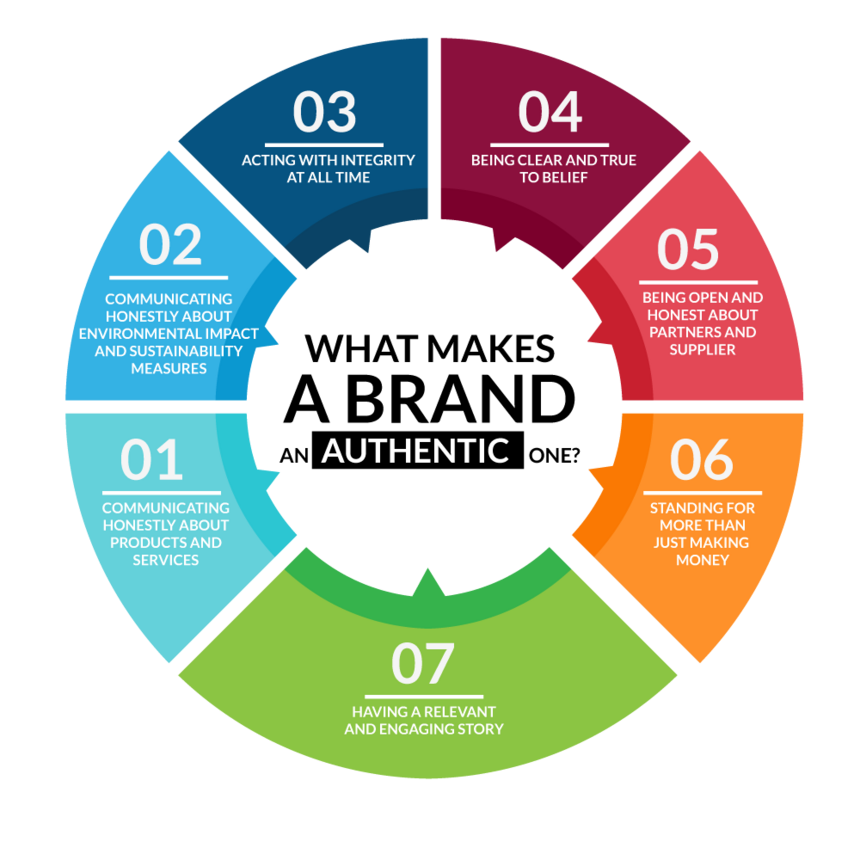
Tony had the pleasure of speaking to both Reagan and Gorbachev years after and he asked them, “What was the moment you decided for peace?” Gorbachev related that, in the middle of the argument, Reagan stood and walked away, only to suddenly turn and exclaim, “Okay, let’s try this again. I’m Ronald!” If Reagan and Gorbachev can start over after so much animosity, there’s hope for communication in your relationship, too.
Always remember that you are together because you make each other smile. Problems are obstacles that need surmounting, and while it’s easy to give up, the truth is that these are the moments that will define your relationship. Listen to your partner, discover the needs they value the most and fulfill them. When you understand that giving is the secret to a fulfilling relationship, you’ll put constant work into how to communicate with your partner in a way they can understand.
Ready to learn how to communicate better?
Discover how to meet your partner’s needs and build a stronger bond with the Ultimate Relationship Program.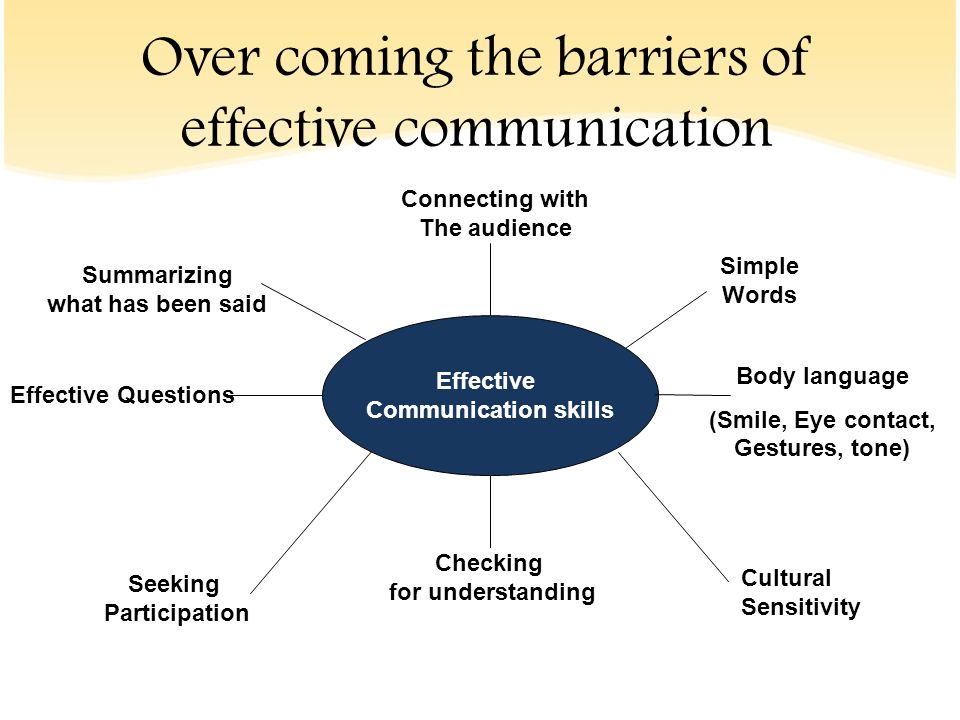
Get the Program
The best Tony content straight to your inbox ÛÓ twice a month.
By entering your information on the Tony Robbins website, you agree that we may collect and use your personal information for marketing, and for other purposes, as set forth in our Privacy Policy, which we encourage you to review.
This website uses cookies to personalize your experience and target advertising.. By continuing to use our website, you accept the terms of our updated policies
How To Communicate In A Relationship, According To Experts – Forbes Health
Communication doesn’t always come easy, whether it’s with a romantic partner or someone else. But it’s key to the overall success and sustainability of such partnerships.
While some people have no problem communicating their needs in a clear and respectful way, others may struggle when it comes to expressing themselves—and that can make maintaining healthy relationships especially challenging.
Here’s a closer look at the different types of communication, how to work on the way you listen and talk to others and when it may be wise to turn to a professional for help.
Featured Sponsor Offer
Partner Offers feature brands who paid Forbes Health to appear at the top of our list. While this may influence where their products or services appear on our site, it in no way affects our ratings, which are based on thorough research, solid methodologies and expert advice. Our partners cannot pay us to guarantee favorable reviews of their products or services
Enjoy 20% Off Your First Month With Code "forbes"
ReGain Relationship Online Therapy
- $60-$90 per week
- Exchange in-app messages with your therapist at any time
- Therapists have a specific interest and expertise in relationship therapy
- Match to an available therapist who fits your objectives, preferences, and the type of issues you are dealing with
Get Started
On ReGain's Website
Benefits of Good Communication in a Relationship
Communication is the foundation of any relationship, says Darcy Sterling, a licensed clinical social worker in New York and host of E! Network’s Famously Single.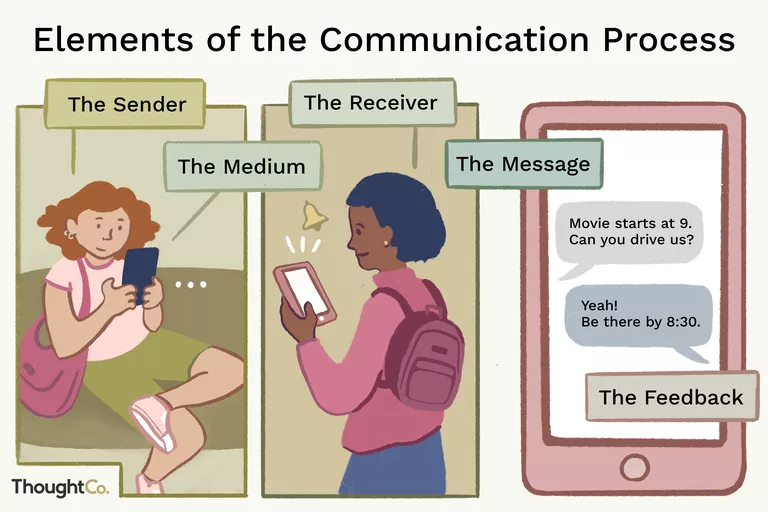 “The extent to which each partner is skilled at expressing themselves, their needs and their preferences is the greatest indicator of the health and fulfillment of the relationship,” she says.
“The extent to which each partner is skilled at expressing themselves, their needs and their preferences is the greatest indicator of the health and fulfillment of the relationship,” she says.
Research shows that in addition to allowing you to express concerns in a relationship, communication can help you problem-solve. “Communication is what keeps couples on the same page and feeling like they are solving problems together rather than against one another,” says Sarah Epstein, a licensed marriage and family therapist in Philadelphia and Dallas. Effective communication also enables partners to disagree in productive, respectful ways, she adds.
Clear dialogue matters in any relationship. Some individuals might focus more on the quality of communication in intimate connections and have higher expectations of romantic partners than with family or friends, says Sterling, but the importance of communication expands beyond that.
Certain skills are necessary to maintain open channels of communication that enable relationships to thrive, whether with a romantic partner or someone else.
“Every relationship requires communication—and the quality of that communication is a predictor of how fulfilling the relationship is for both people,” says Sterling.
We all need open communication in relationships to bridge gaps in the face of a misunderstanding, and to get through our most difficult challenges. “Open communication is the spine that holds up a relationship whether it is thriving or under strain,” Epstein says.
But talking it out isn’t just about getting through the tough stuff—like disagreeing with your boss about work hours or arguing with your brother about chores—it’s what helps people deepen and fortify their relationships, too. “Good communicators use their skills to communicate their appreciation, love and respect,” says Epstein.
Good vs. Poor Communication in a Relationship
At its most basic, the difference between good and poor communication comes down to problem solving and intimacy. “Good communication clarifies problems and creates closeness between partners, while poor communication intensifies issues and creates distance between partners,” says Epstein.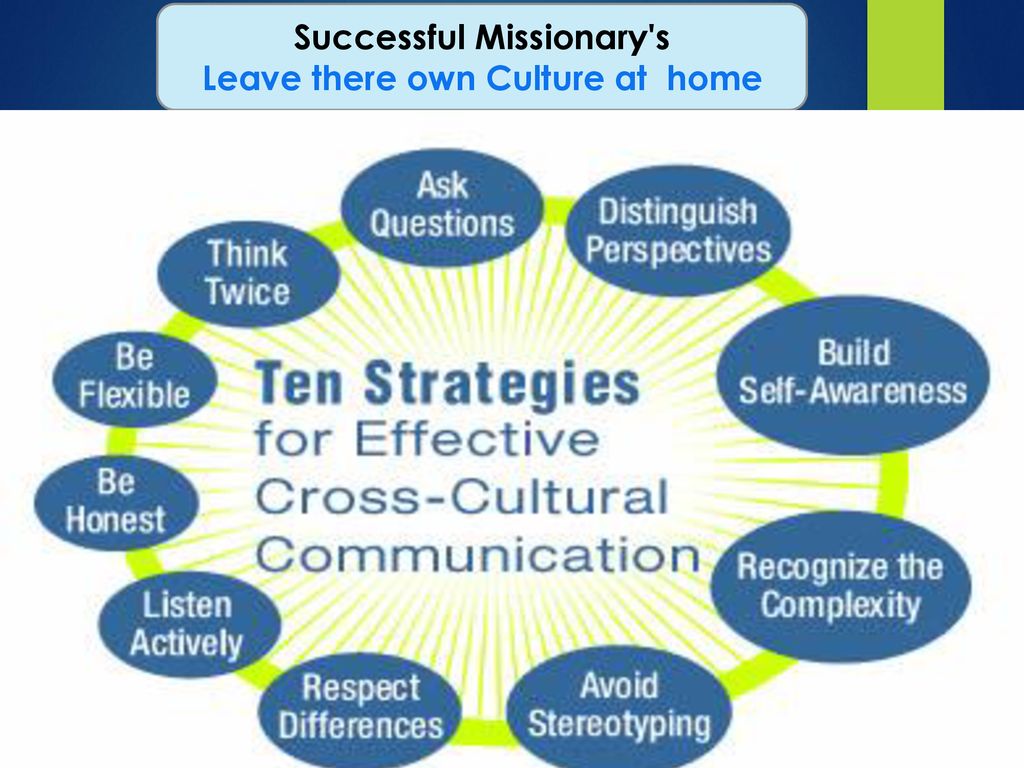
According to each expert, people exhibit good communication when they:
- Pay attention and listen while their partner speaks
- Listen to understand, rather than listen to respond
- Validate their partner’s thoughts and feelings (often by acknowledging and repeating back some of what was said)
- Ask questions
- Understand, even when their partner has different perspectives and opinions
- Don’t raise their voice
Meanwhile, individuals with poor communication habits might:
- Interrupt
- Act in passive aggressive ways
- Hold grudges
- Tip-toe around each other
- Guess or assume their partner’s feelings
- Sweep problems under the rug rather than hash them out
- Argue repeatedly over the same subject
- Call their partner names
- Make threats
- Raise their voice
The ability to consistently communicate well in a relationship can help people face challenges and hardships more productively, according to Epstein.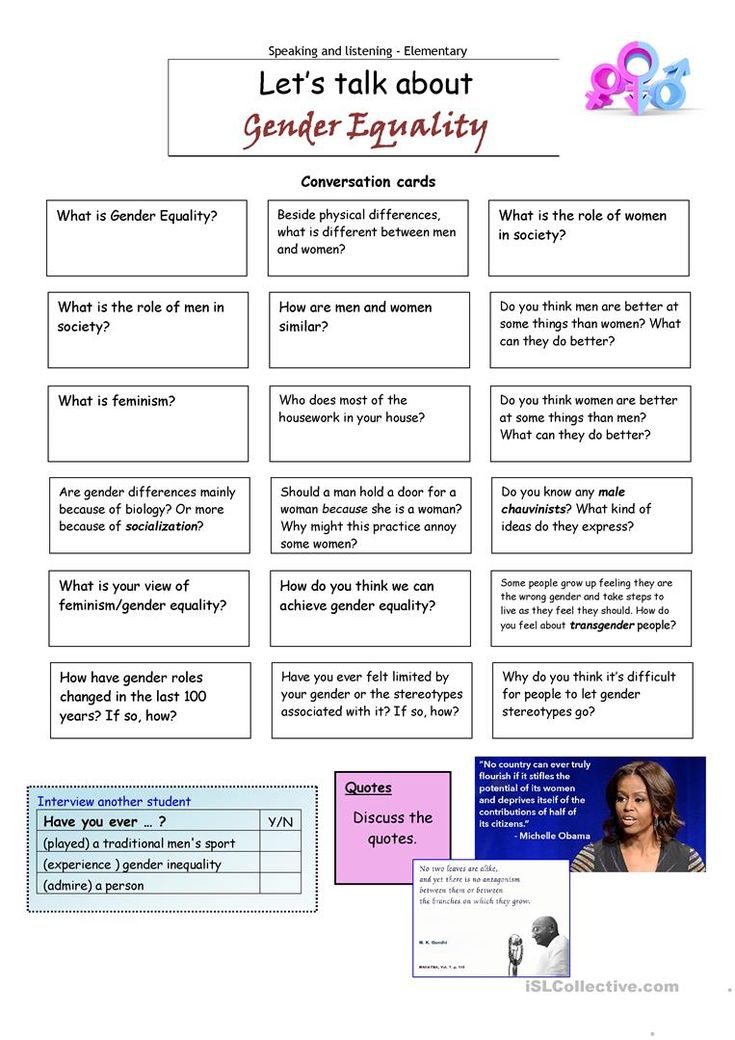 “Healthy communication helps couples de-escalate a situation, stay calm under stress, use humor appropriately, apologize effectively and make partners feel heard and understood—even during very stressful moments,” she says.
“Healthy communication helps couples de-escalate a situation, stay calm under stress, use humor appropriately, apologize effectively and make partners feel heard and understood—even during very stressful moments,” she says.
Seeking Relationship Counseling?
Whatever challenges you are facing, couples therapy can help you improve your relationship. Get help with Talkspace, you deserve to be happy!
Learn More
4 Types of Communication Styles
Researchers generally group communication into three categories: Assertive, passive or aggressive communication. Additionally, people use nonverbal communication to send messages to one another without words at all. Here are four communication styles:
1. Assertive Communication
This is when you speak in a direct manner while communicating compassion and a desire to compromise on ways to meet your needs, the experts note. “Assertive communication involves clear, appropriate, respectful expression,” says Epstein.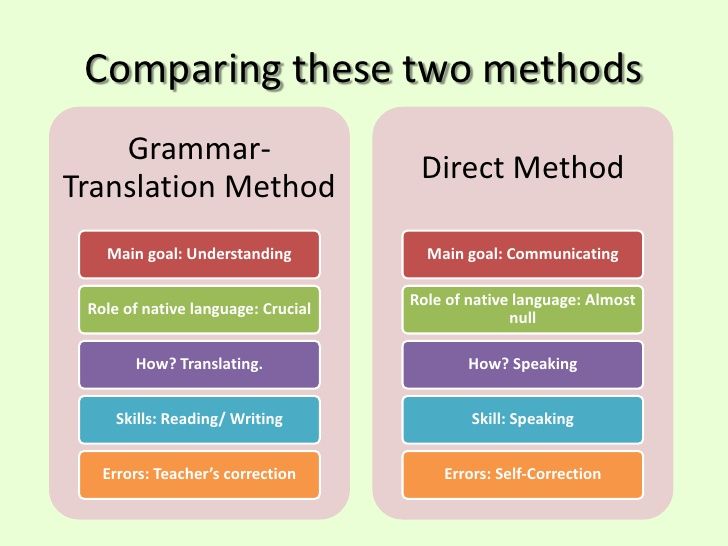 “It comes from a place of clarity about what a person needs.”
“It comes from a place of clarity about what a person needs.”
2. Passive Communication
Communicating passively means you tend to defer to others when it’s time to make a decision, says Sterling. Passive communicators typically accommodate others and avoid resistance. “They are highly conflict-avoidant, tend to have a very long fuse and are more likely to walk away from a relationship than advocate for their needs within the relationship,” she says.
3. Aggressive Communication
Aggressive communication often involves standing up for your own rights at the risk of possibly disregarding another person’s feelings. A person who resorts to this approach may likely have a low tolerance for emotional discomfort and tends to get upset more frequently than others, says Sterling. “When they are escalated, they have a need to resolve the conflict immediately, which more often than not results in the situation escalating because they’re so caught up in their own emotions that they don’t take into account whether their partner is capable or willing to discuss the issue,” she says.
4. Nonverbal Communication
This type of communication allows people to communicate information about their needs, attitudes, emotions and intentions without using words. Nonverbal communication can be healing and informative to couples when used in non-passive-aggressive ways. “Good nonverbal communication looks like relaxed posture, mirroring body language and eye contact while talking,” says Epstein. Though, it can take practice to pick up on certain cues.
Expert-Backed Tips on How to Improve Your Communication
The strategies below can help you learn how to better communicate with your partner, friends, family members and even co-workers.
Do Some Homework
Turning to different relationship-focused resources such as articles, podcasts or books, can add tools to your communication kit and open your mind to new perspectives. Epstein suggests checking out the book Hold Me Tight, by Dr. Sue Johnson, a therapist and researcher who helps couples strengthen their bond and navigate life’s challenges.
Discuss Your Communication Preferences
Epstein suggests checking in with each other (outside of heated moments) to explore wants, needs and areas where you need improvement. She recommends questions like:
- How do you feel we communicate during stressful moments?
- Do you feel appreciated and acknowledged?
- When we’re arguing, what do you most need from me?
- If you could change one thing about the way I communicate, what would it be?
- It seems like we get trapped in repetitive cycles of yelling whenever we argue. How do you think we each contribute to that dynamic?
Schedule a Recurring Relationship Meeting
“The first thing I do with clients who walk on eggshells with their partners is have them schedule a weekly relationship meeting with their partner,” says Sterling. You can use this designated time to practice good communication skills while discussing the week’s challenges and wins, reinforcing that conversations don’t have to lead to conflict, she says.
Work With a Professional
Couples can work with a licensed couples therapist to improve their communication skills. “This is exactly what a therapist with specific couples training is trained to help with,” says Epstein.
When to See an Expert
Research shows that turning to a mental health professional can decrease psychological distress, improve relationship satisfaction and help couples learn important communication and conflict resolution skills. So how do you know if you should reach out for help?
According to Epstein, some indicators that you may want to seek out a couples therapist include:
- If you and your partner believe you’re poor communicators
- If you find yourselves having the same arguments over and over again, sometimes about different issues but in the same ways
- If it feels like any tiny argument can escalate into a full-blown fight
- If you and your partner feel disconnected
- If it feels like the relationship is in trouble
While the above indicators can be addressed with a therapist, research shows couples therapy can help people be proactive about their relationship—and not just as a last-ditch effort when a relationship is on its last legs. In fact, you can have a healthy relationship and still benefit from couples therapy. Sterling suggests seeking out a therapist who is certified in couples counseling early in the relationship before deep wounds occur. “The same way I don’t wait for smoke to come out from under the hood of my car before having it serviced, everyone should see a couples therapist throughout the relationship,” she says.
In fact, you can have a healthy relationship and still benefit from couples therapy. Sterling suggests seeking out a therapist who is certified in couples counseling early in the relationship before deep wounds occur. “The same way I don’t wait for smoke to come out from under the hood of my car before having it serviced, everyone should see a couples therapist throughout the relationship,” she says.
To find a licensed therapist in your area, visit the American Association for Marriage and Family Therapy (AAMFT). With the therapist locator tools listed on AAMFT’s site, you can review detailed listings for local professionals. Listings include credentials, specialties, types of therapy offered and whether or not you can attend sessions in person, virtually or both.
You can also turn to online platforms, such as Talkspace or BetterHelp, to get matched with a licensed couples therapist based on your needs, challenges and goals. In addition to video calls, these options allow you to speak with your therapist via phone call, chat or text.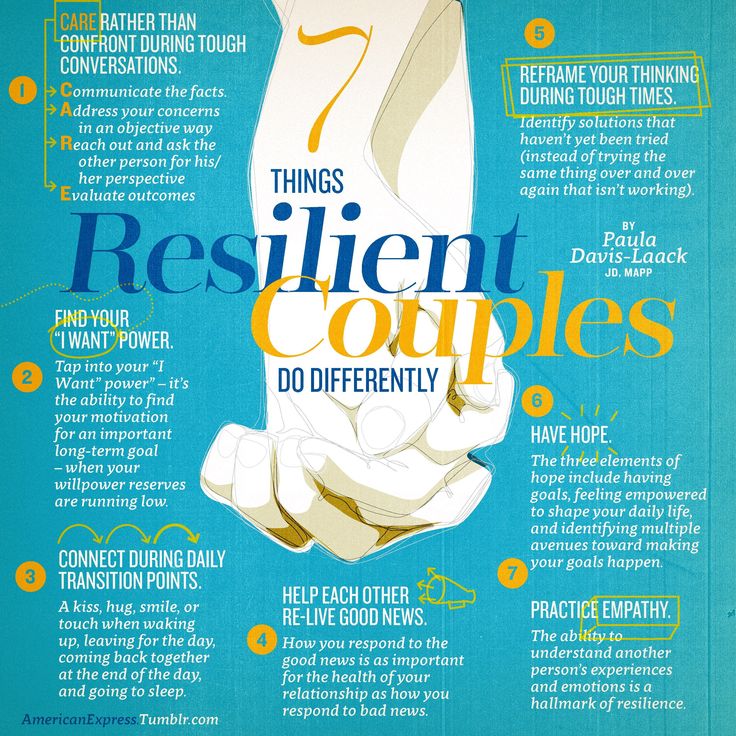
Outside of couples counseling, it can also be beneficial to work with a licensed therapist one-on-one to better understand your communication gaps.
Serious About Saving Or Improving Your Relationship?
Get professional help from a licensed therapist with ReGain relationship therapy.
Get Started With 20% Off
How to talk to strengthen relationships
239,522
Relationship crisis Man and woman
Men know how important it is to talk to a woman at the beginning of a relationship. But when they realize that they have conquered it, they begin to behave as they are used to. For most members of the stronger sex, this means using conversations only to achieve a specific goal. For the vast majority of women and a small number of men, conversation is primarily pleasure. Communication allows them to feel a connection with a loved one, recharge their batteries. nine0003
“If one partner (usually a man) limits the possibility of spontaneous communication and it all comes down to discussing practical issues, the second partner feels miserable, but has to put up with it,” says interpersonal coach James Bauer.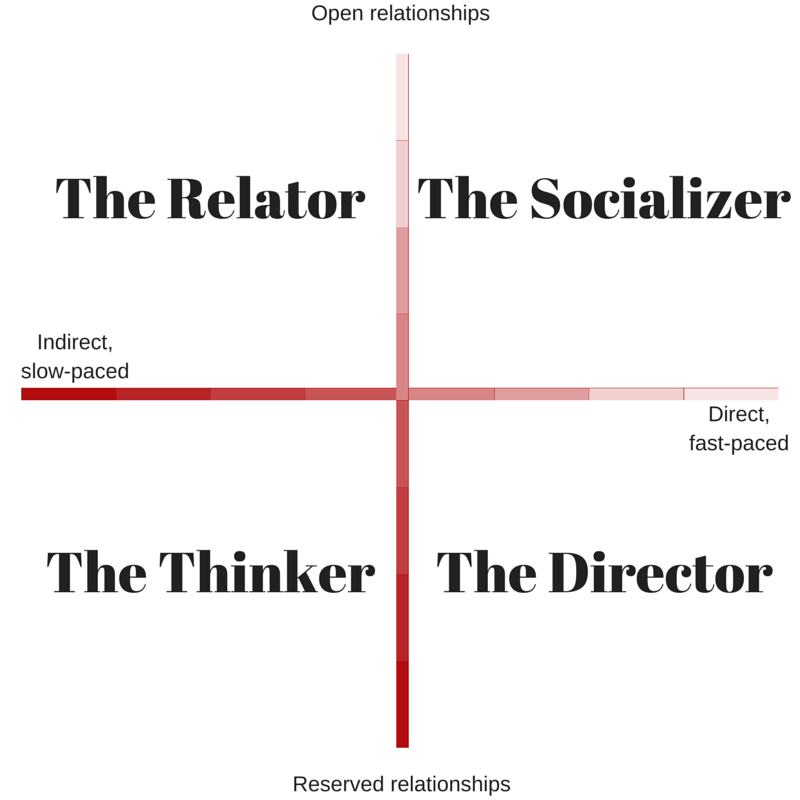 “This is a trap many couples fall into. The longer people are together, the less they talk. We discuss who will pick up the child from kindergarten, how to pay off bills and where to spend the weekend. And that is all".
“This is a trap many couples fall into. The longer people are together, the less they talk. We discuss who will pick up the child from kindergarten, how to pay off bills and where to spend the weekend. And that is all".
How to start talking heart to heart as deeply and with interest as it was at the beginning of a relationship? James Bauer Suggests:
Allocate time. Schedule the conversation in advance. If the first thing you do when you get home is turn on your computer or dive into your smartphone, chances are you'll switch to a partner. Give each other 20 minutes that are not invaded by the television or virtual world.
Instead of discussing the issue at the everyday level, try to talk about how the partner sees himself, what he feels
Interest partner. Start the conversation with what he is interested in. For example, if you ask, “Who do you think will make it to the semi-finals of this game?”, you will most likely grab his attention right away. But the question is: “Does this skirt suit me?” is likely to leave him indifferent, even if he politely answers you. A topic that captivates the other side may turn out to be the key to ensuring that a person is disposed to confidential communication. nine0003
But the question is: “Does this skirt suit me?” is likely to leave him indifferent, even if he politely answers you. A topic that captivates the other side may turn out to be the key to ensuring that a person is disposed to confidential communication. nine0003
Be an attentive listener. You save time by washing dishes or dusting during a conversation, but for a man your ability to do several things at once means a lack of interest in his words. He will stop talking. James Bauer calls for making what he calls "transformational talk" a tradition. They break the routine of everyday relationships, in which we are often too lazy to give ourselves the mental trouble to talk about deeper topics.
"Start with any question, but look at it from a new angle," suggests Bauer. Maybe your partner is going through a difficult time at work? Do not try to immediately find the guilty or limit yourself to sympathetic phrases: “Your boss does not appreciate you,” “This company is not worthy of you. ”
”
Yes, you flattered the interlocutor's ego, but such a message brought nothing new either to his or your life. Try to talk about how he views the current period in the context of his career. Are there any bonuses in this situation? Is he still able to learn new things? Does he see himself in another professional field? Instead of discussing the issue at the everyday level, try to talk about how the partner sees himself, how he feels, whether he is ready to move forward. Such conversations give us the strength to rethink a lot in life.” nine0003
Natalia Artsybasheva, Gestalt therapist
In a professional environment, this joke was born: "Find a good partner, and five years of marriage will replace a year of psychotherapy for you." If a couple has the skill and tradition of conversation developed in "peacetime", then in a crisis that abounds in family life, this will be a great advantage.
Many men tend to endure discomfort in silence and then disappear. Women are naturally better at communication.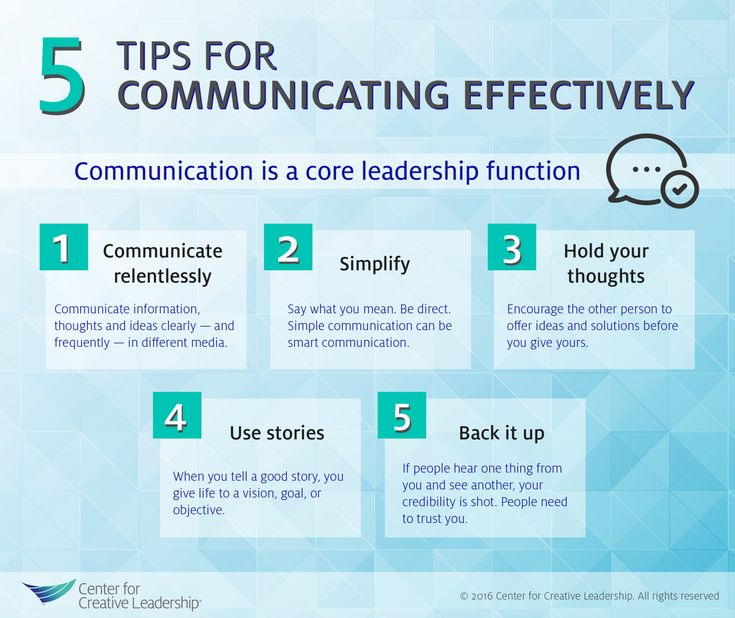 It is important to use this difference not for the struggle for power, but for the development of mutual understanding. nine0003
It is important to use this difference not for the struggle for power, but for the development of mutual understanding. nine0003
When in a couple a woman can help a man to talk about feelings, in response he helps her not to “drown” in them, but to move on to the right actions. Many couples need such a tradition also as a salvation from the now popular child-centrism. Often there comes a time when the wife is so immersed in caring for the children that the husband is left alone. A woman, on the one hand, loses his support, and on the other hand, she does everything to not get it.
These simple rules will help you build a dialogue, convey your thoughts to your loved one and better understand him. nine0003
- Talk about your condition, not about your partner: "I'm angry" instead of "You make me angry."
- Do not attack.
- Ask for more.
- Check your fantasies: "How do you feel now?" instead of "You hate me."
- Be careful with evaluation and criticism.
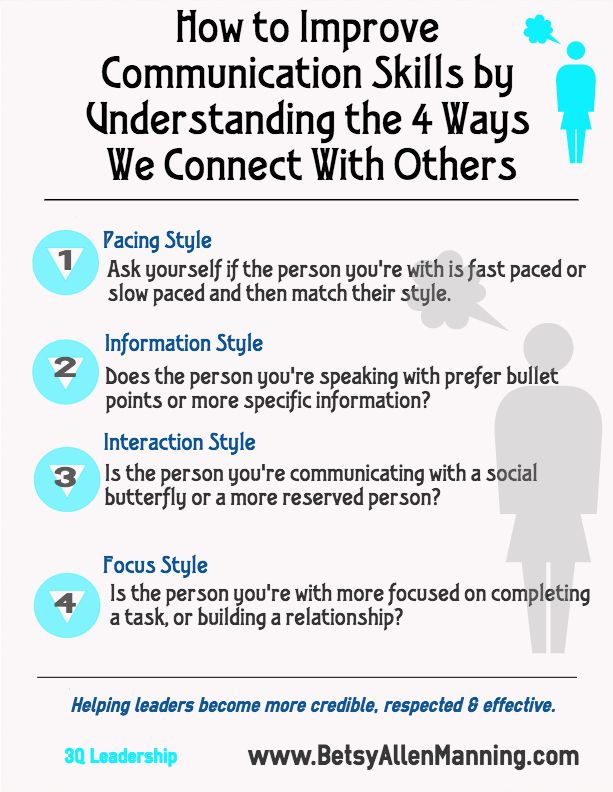
- Do not try to talk against your will or your partner's.
- Learn to say "stop" when you feel uncomfortable. It is important to let it be spoken out, sometimes just saying it out loud allows you to overestimate your own thought. nine0042
About the experts
Natalya Artsybasheva , gestalt therapist.
James Bauer Interpersonal Coach.
Text: Sabina Safarova Photo Source: Getty Images
New on the site
Change your sex life to earn more: 8 unusual lifehacks
“My husband died, my daughter died. I was left all alone…»
10 episodes in 1 day: what is bingewatching and why it can be dangerous
Pele, Artemiev, Westwood: is it okay to mourn celebrities?
Back to the past: how (not) to analyze childhood
“A young man has lost feelings for me – is this a crisis or the end of a relationship?”
“I’m obsessed with my friend, I’m jealous of her boyfriend and acquaintances”
“Should we celebrate the New Year in difficult times?”: 3 main arguments - the opinion of a psychologist
10 patterns of communication in a couple that harm relationships
November 2, 2021 Relationship nine0003
Check out which phrases indicate problems and learn how to restore harmony by changing the vocabulary.
Communication is not easy for everyone. Sometimes, at first glance, everything seems to be normal, but you or your partner unconsciously say phrases over and over again that increase tension and discomfort. Repetitive expressions like this usually signal unhealthy communication patterns in a relationship.
Marcy Cole, a psychotherapist who has been counseling couples for over 20 years, identified ten of these patterns and how to break them and learn a new love language. nine0003
1. Accusations
What phrases signal this
- “You always…”
- “You never…”
- “You start…”
- “Why don’t you…”
- “ !"
- "You're wrong!"
Consequences of : defensive behavior, distrust, understatement, weakening of the feeling of intimacy.
What to do
Solve the problem, don't discuss who is to blame.
Think how serious it is
When you are ready to blame your partner for something, slow down for a minute. Most of the things we usually get upset about are misunderstandings and little things. If you are sure that the matter is important, look for ways to solve the problem, and do not scatter accusations.
Most of the things we usually get upset about are misunderstandings and little things. If you are sure that the matter is important, look for ways to solve the problem, and do not scatter accusations.
Do the boomerang exercise
Shift your attention to yourself. Not to blame, but to look at the situation differently. Perhaps what you so fiercely blame your partner for is something that you are critical of yourself and try to avoid. nine0003
Listen to each other
Have everyone share how they felt about the situation that caused the conflict. Don't interrupt each other in the process. Just listen and try to put yourself in the partner's shoes.
Start a difficult conversation using the AMOR method
People are often afraid to talk about something, knowing that a confrontation will follow. In such cases, take the following four steps:
- Affirmation. Use a positive affirmation first.
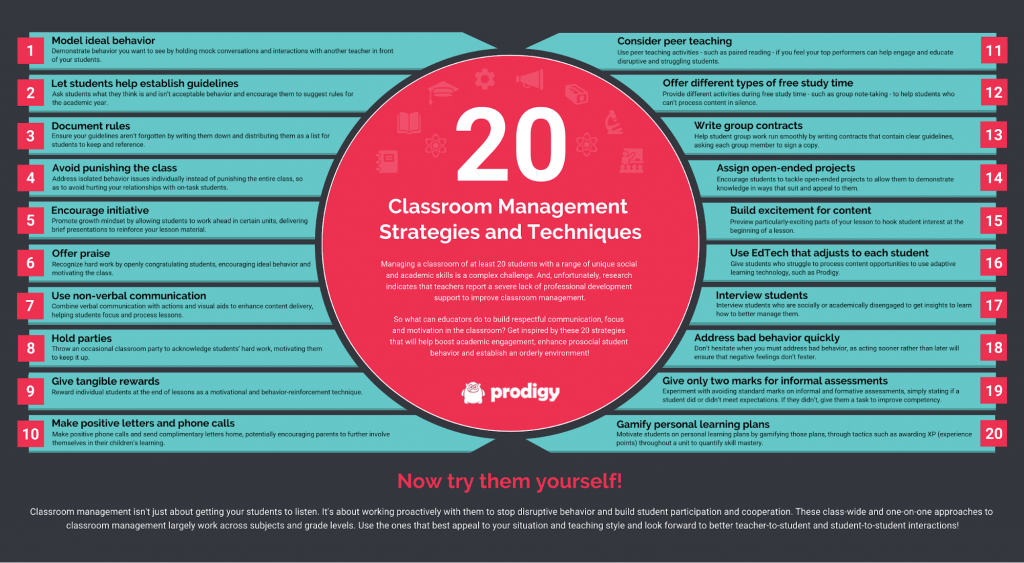 For example: "I know that you love me and wish me happiness, and I appreciate it." nine0042
For example: "I know that you love me and wish me happiness, and I appreciate it." nine0042 - Message. Then move on to what is difficult for you to say and difficult for a loved one to hear. For example: “Sometimes I need to be listened to and not told what to do and how to feel. Otherwise, I just shut up."
- Overcoming. Continue to explain: “When you just listen to me and let me know that you hear and understand, I feel very good. It helps us change habitual behavior and get closer.”
- Resolution of the situation. Expressing your feelings or requests in this way does not sound like an accusation. So, it will be easier for you to understand each other and establish communication. nine0042
Result : increased feelings of intimacy, understanding, empathy, forgiveness.
Try other tricks 👈
- 3 steps to stop blaming others
2. Keeping score
What phrases signal this
- “I do nothing for you… but you do for me! » nine0042
- “Three times this week I…”
- “I always…”
- “You never…”
Consequences of : winner-loser relationship, irritation, rivalry.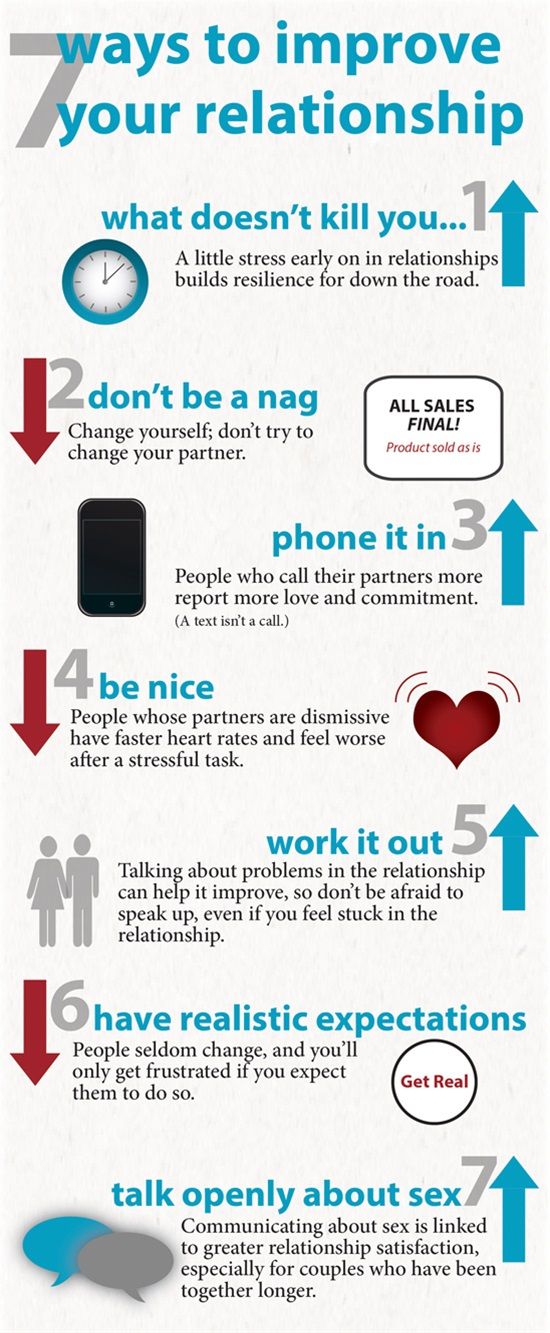
What to do
Try to make everyone win.
Both be givers
A relationship in which one always only gives and the other only receives will not be healthy. Conversely, when both sides give something to each other, each one feels gratitude and joy, he does not feel that he is being used. nine0003
Thank you
“Thanks for responding quickly”, “I always like to hear a compliment from you!”, “It seems like I haven’t told you how special you are for a long time!” There is always something to thank or praise for. Just say it sincerely.
Ask, don't demand
You can say essentially the same thing, but in different words, and get different results. If your partner is constantly late at work, do not ask him to change. Bring it to his attention in a different way by telling how you feel because of his actions. nine0003
For example: “When you often come home late, I don't feel important to you.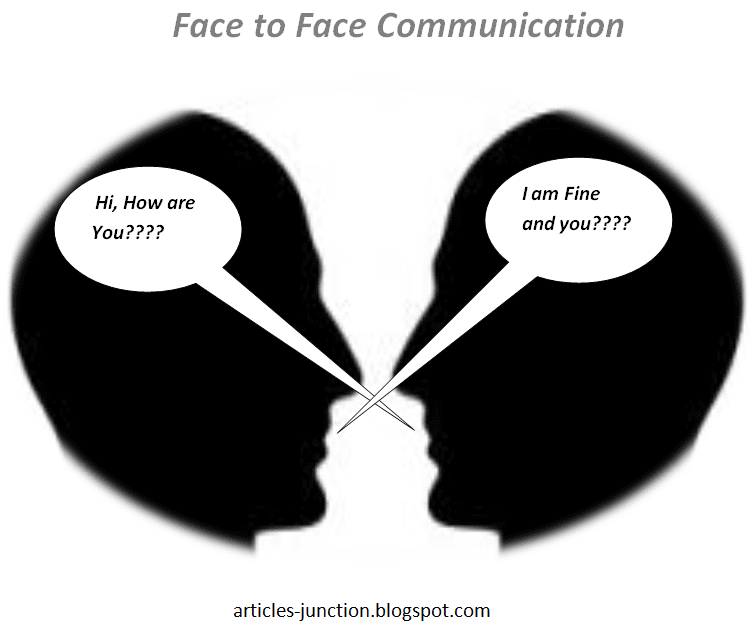 It would be very valuable to me if you could come earlier more often. Then I feel that you think about my emotions and keep your word. It sets the tone for the rest of the evening."
It would be very valuable to me if you could come earlier more often. Then I feel that you think about my emotions and keep your word. It sets the tone for the rest of the evening."
Result : endorphins rush and feeling of gratitude revived.
Make it a rule ✍
- To get more, give more
3. Repetitive routine
What phrases signal this
- “We never do anything!”
- "Why can't you ever go with me..."
- "You're always just lying on the couch."
- “Maybe we should go to a new place for once?”
Consequences of : frustration, boredom, indifference, decreased desire.
What to do
Change your routine. nine0003
Try new things together
Constantly being in the cycle of tasks and responsibilities, it is easy to get stuck in your own little world and get bored. Remind yourself that there is a vast outside world and that there is much that you have not yet seen or tried.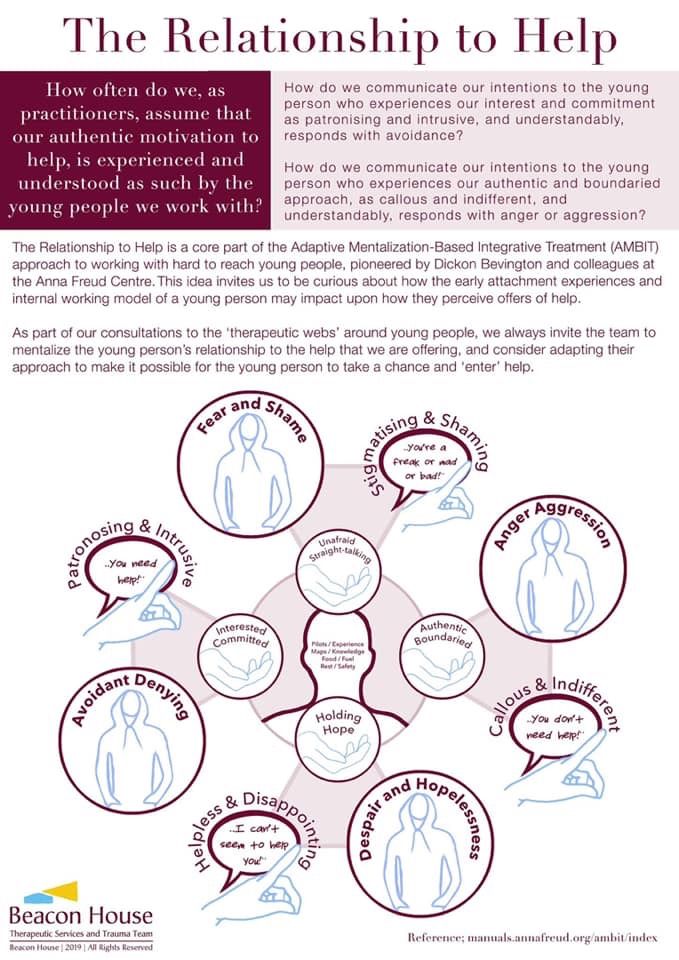 Choose goals that are of interest to both of you, and go in search of new experiences.
Choose goals that are of interest to both of you, and go in search of new experiences.
Date
Couples who have been together for a long time usually stop making time for it. But it is communication, joint experiences and fun that support relationships. So try to arrange romantic meetings for yourself more often, as at the beginning of an acquaintance. nine0003
Change language
- "I want to spend time with you."
- "I have a surprise for you."
- "Let's go somewhere together."
- "Let's go to that party and meet new people."
- "Let's go somewhere we've never been before."
- “Maybe we should try ourselves in…?”
Result : new discoveries, curiosity, anticipation, laughter, bonding. nine0003
4. Unwillingness to make concessions
What phrases signal this
- "Because I want to."
- "Let's do this."
- "You're wrong!"
- "That's not how it's done.
 "
"
Consequences of : despondency, resentment, disunity.
What to do
Replace "I" with "we".
Speak out the values of your couple
To do this, formulate a statement that reflects what is important to you as a couple and what you are striving for. For example: “We show respect, admiration and deep love for each other. We choose to develop individually and together and enjoy our common life.” nine0003
Change your mindset
Remember that you both deserve to be happy. Look for ways to help you achieve this.
Change the language of communication
- "What do you want to do?"
- “Maybe we can do both?”
- “Let's each do our own thing, and then we'll meet together…”
Result : feeling of connection, unity, balance.
5. Reminder of old wounds
What phrases signal this?
- "You always do this.
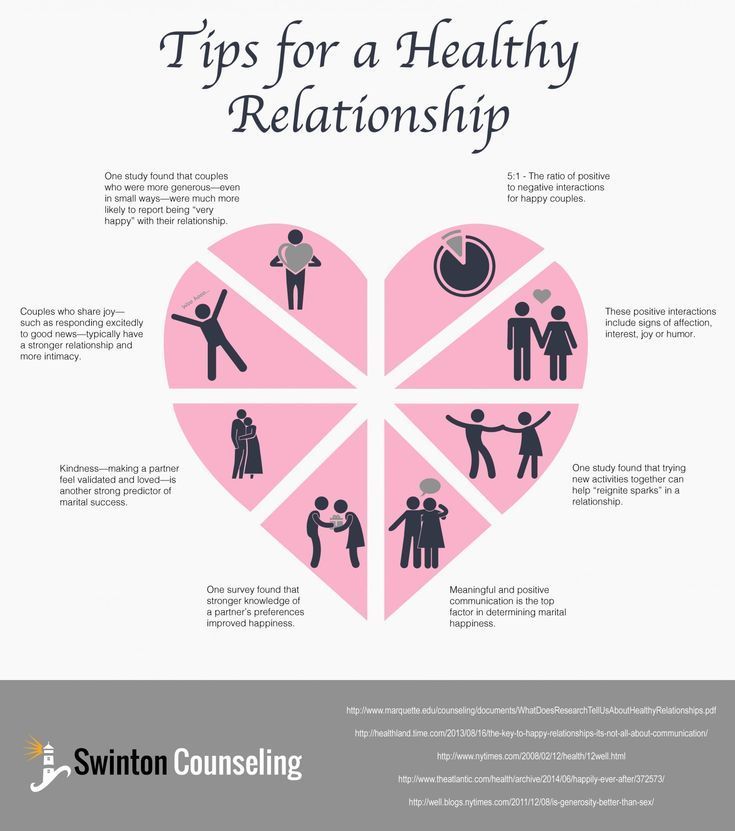 "
" - “Well, here you are again…”
- “You are not going to apologize for…”
Consequences of : re-experiencing pain due to past hurts and disappointments, avoiding, suppressing your feelings and desires.
What to do
Try to be consciously in the present.
Notice when you are drawn into the past
An excessively harsh reaction to some partner's action is most often a projection of an old trauma. It can be from childhood, from a previous relationship, or from an earlier stage of the current one. As soon as you notice that you are returning to the old days, try to look at the situation and at the partner with a new look, with openness and without prejudice. nine0003
Change your language
- "I'm here with you."
- "I want to understand."
- "What do you want now?"
- "What can I say or do to make you feel better?"
Result : a new understanding of yourself, healing from old injuries, enjoying the moment.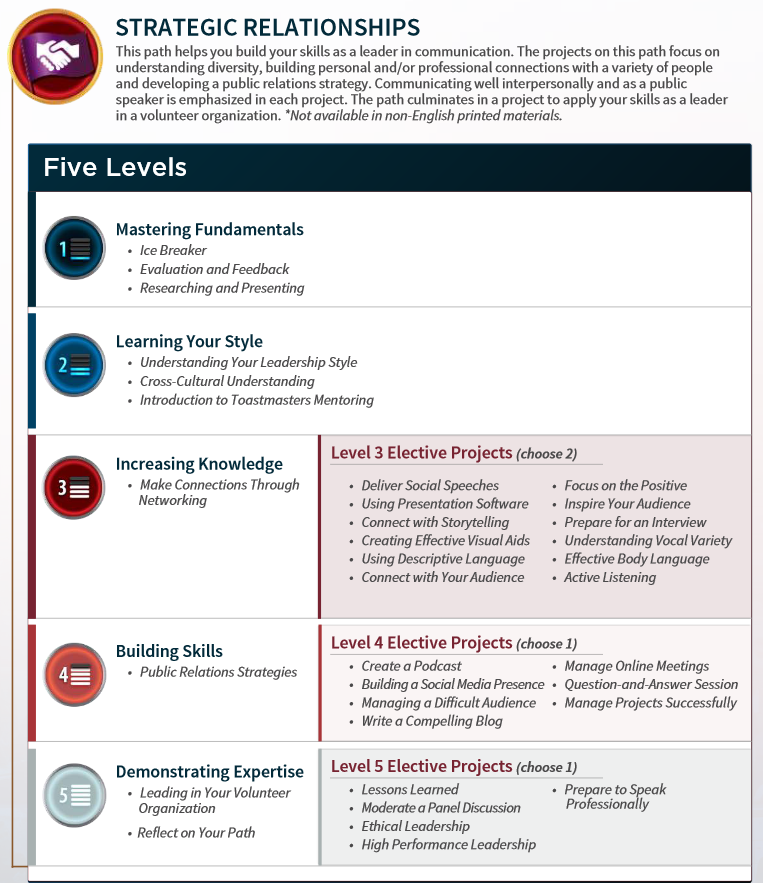
6. Habitual track
What phrases signal this
- “It doesn't matter”.
- "I don't care."
- "I don't remember." nine0042
Consequences: loss of interest in a partner, passivity, disunity.
What to do
Remember what you like about each other.
“Turn on” when communicating with a partner
We get used to our daily routine, including ceasing to value relationships the way we started. And when talking with a partner, we often answer automatically. To get out of this habitual rut, remind yourself of what initially attracted you to a partner, and try to notice it more often in him. nine0003
Change the language of communication
- “Remember how we…”
- “I want to call you…”
- “I miss being together… Let's resume this tradition.”
- "I love it when you..."
- "Let's have a date."
Result : strengthening of intimacy, return of desire.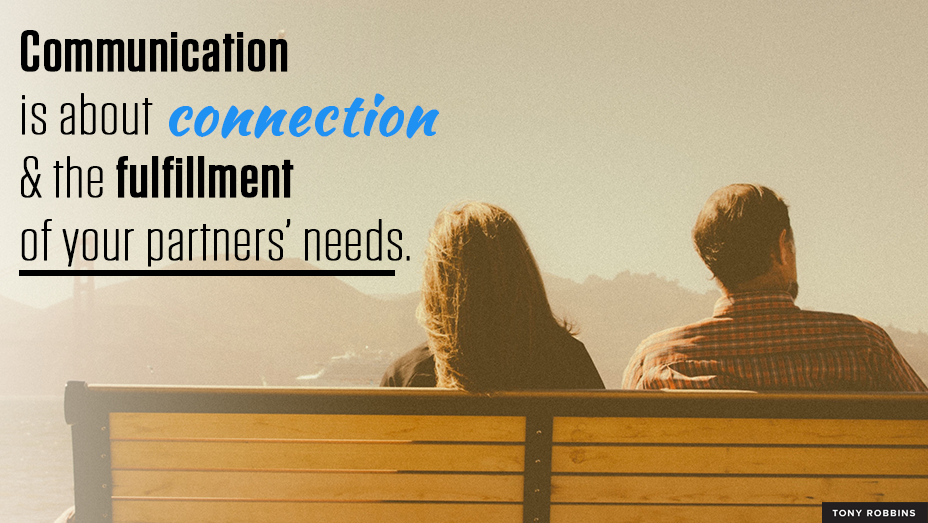
Explore possible strategies ❤️
- 5 ways to keep your partner interested
7. Trying to think in the same way
What phrases signal this
- “You also approve of this idea, don’t you?”
- "Will you agree with me?"
- "I can't believe you're against it."
Consequences of : falsehood, instability.
What to do
Take differences easy.
Be yourself
Sincerity is important in a relationship, which means that everyone should express a real opinion, and not agree out of politeness. Otherwise, you will simply deny yourself and your needs. nine0003
Embrace and enjoy your differences
Of course, it's important to have something in common, but differences will only deepen and enrich the relationship for both of you. It is unlikely that you want to be with an exact copy of yourself.
Remind yourself that it's okay to change.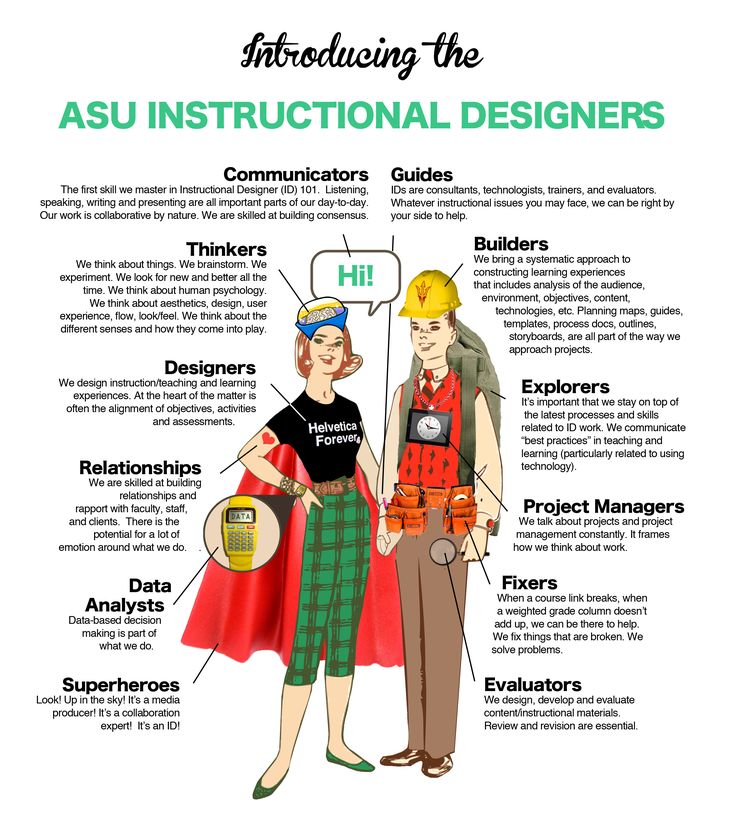
You may have shared a dream before, but people change and so do their dreams. We are constantly learning something new, we are influenced by external factors and internal experience. Accept it in yourself and in your partner. nine0003
Change the language of communication
- “Everything is fine. Everyone can have their own opinion."
- "I love watching you do things your way."
- "Thank you for telling me about this and opening up something new for me."
- "What can I say or do to make you feel how much I love and appreciate you?"
Outcome : acceptance, respect, strengthening of intimacy.
Understand the issue 😫
- What to do if you and your loved one have different views on life
8. Denial of self-sufficiency
What phrases signal this
- "No one will love you like I do."
- "You are everything to me."
- "I don't know what I would have to do without you.
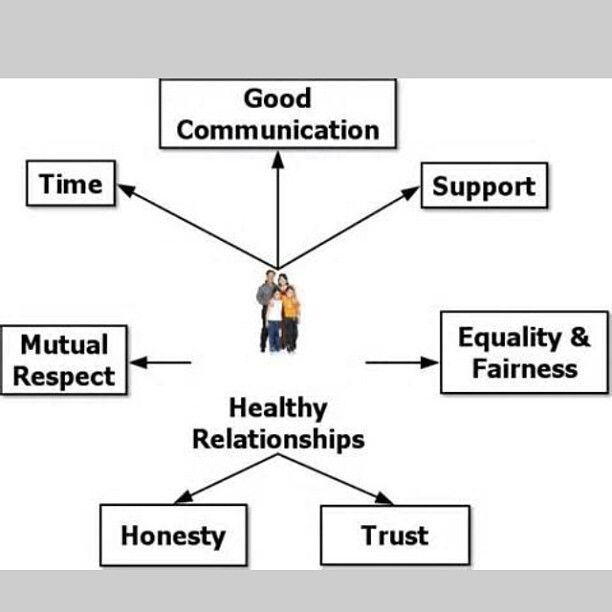 "
"
Consequences : dependence, loss of one's own "I", irritation of the partner.
What to do
Remind yourself that your partner just completes you.
Draw the line
It's one thing to enjoy your partner's company and turn to him for support, it's another to completely depend on him for moods and decisions. A partner can increase your happiness, but taking care of him should not be completely on his shoulders. Your happiness is in your hands. nine0003
Change your language
- "Thank you for making my life fuller."
- "I'm learning a lot with you and from you."
- “We are a great team!”
Result : feeling of own integrity, strengthening of communication.
9. Pointing out shortcomings
What phrases signal this
- “You should take care of yourself”.
- "Why don't you get a raise?" nine0042
- “I wish you…”
Consequences of : lack of joy, trust, passion.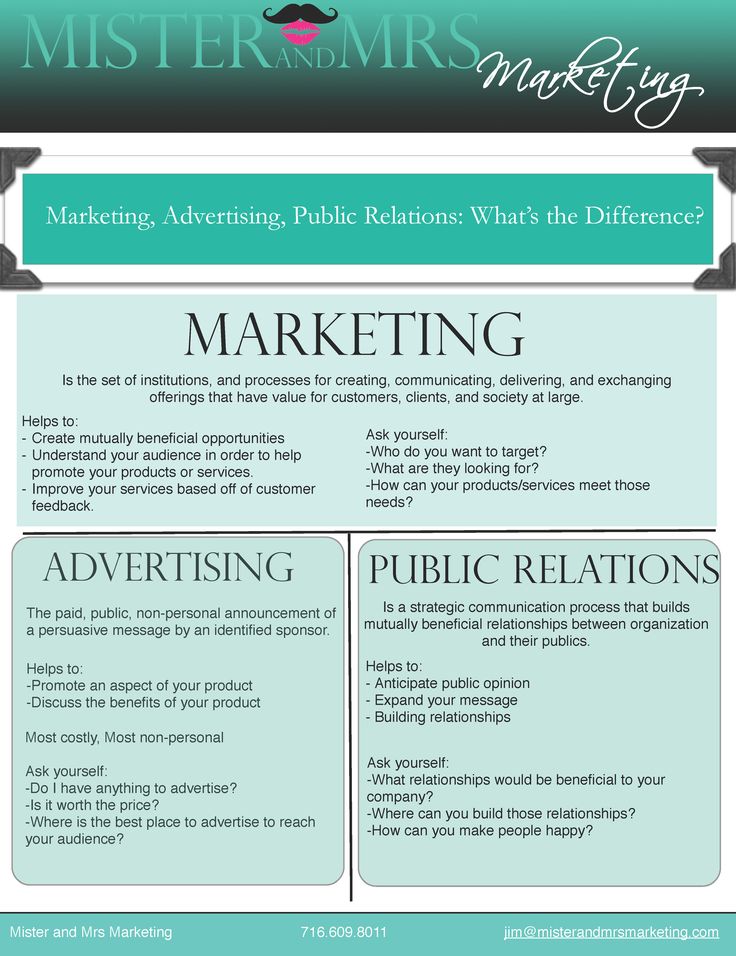
What to do
Remind each other of the positive.
Focus on the good things
When you first fell in love, you probably noticed and mentioned what you like about your partner. It's time to restart it. You can even write everything down on paper.
Share what you appreciate in a partner
Talk, leave notes, do nice little things - in general, try to put a smile on your partner's face and let him feel that he is appreciated. nine0003
Change your language
- Thank you for everything you do for us.
- "Today I'm just wondering why I love you so much."
- “I appreciate you for…”
- “Thank you for…”
Result : return of desire and intimacy.
Use every opportunity 😍
- 5 love languages that make relationships stronger
10. Threats to end the relationship
What phrases indicate this
- “If you do this again, I will file for divorce.
 ”
” - "I can't take it anymore."
- “That's it, I've had enough!”
- "Well, go away, if so!"
Consequences of : uncertainty, anxiety, hostility.
What to do
Look for ways to heal relationships.
Try to reconnect
Threats and the fear they cause only divide you. Try to talk and understand what exactly needs to be changed in the relationship in order for everything to work out. And be ready to be active.
Consider going to a family psychologist
Do not be afraid to seek such help. Whatever you choose in the end - to stay together or peacefully disperse - a psychologist will help you cope with the most difficult.
Change the language of communication
- "I'm not leaving you."
- "I know we'll get through this."
- "I'll wait until you want to discuss this."
- "I really want to learn from this situation so we can move on.

